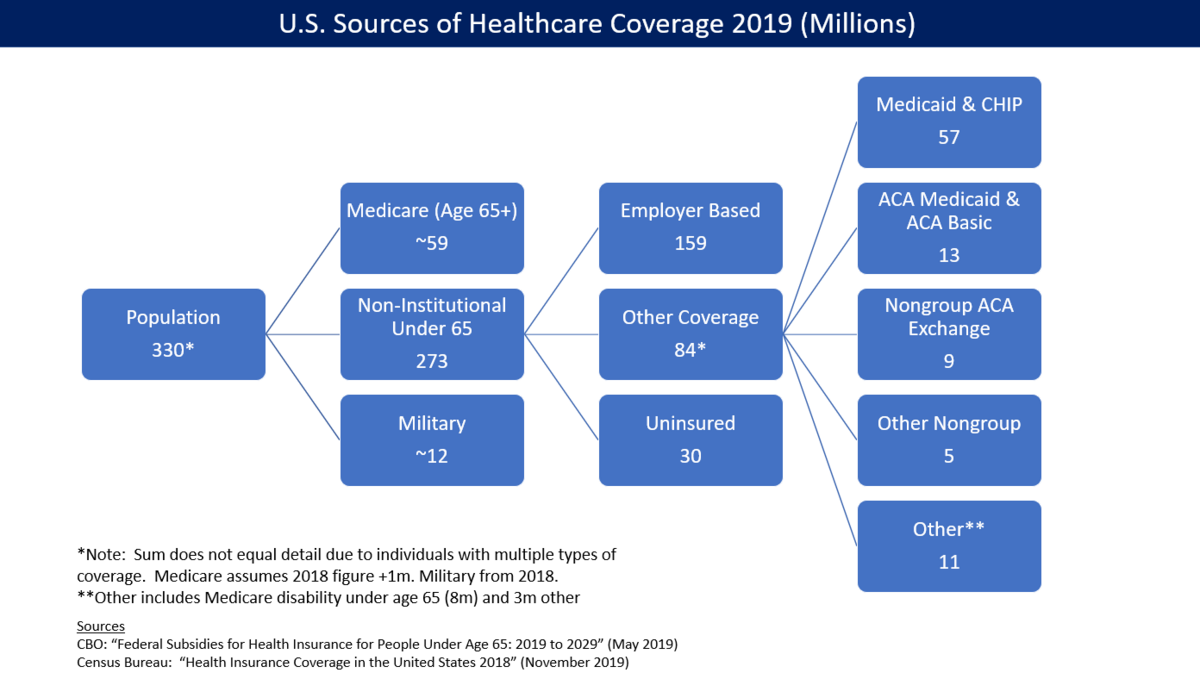SEO Gush
Insights and updates on the ever-evolving world of SEO.
Insurance Coverage: What They Don't Want You to Know
Discover the hidden truths about insurance coverage that companies don’t want you to uncover! Don’t miss out on crucial insights!
5 Hidden Clauses in Your Insurance Policy Explained
When reviewing your insurance policy, it's easy to overlook some of the less obvious details buried in the fine print. Hidden clauses can significantly affect your coverage and claims process. For example, did you know that many policies include a subrogation clause? This allows your insurer to pursue a third party for costs they’ve covered on your behalf, potentially leading to complications in your claims if you’re not aware of it.
Additionally, an often-misunderstood component is the exclusionary clause, which specifies certain situations or conditions under which the insurance will not pay. Common exclusions include natural disasters or pre-existing conditions. Always read this section carefully as it outlines critical limitations of your coverage. By familiarizing yourself with these hidden clauses, you can avoid nasty surprises and ensure you have the right coverage for your needs.

What Your Insurance Agent Won't Tell You: The Truth About Coverage
When it comes to insurance coverage, there are nuances that your agent may not openly discuss. For instance, many consumers are unaware that deductibles can significantly affect their overall policy costs. It's crucial to ask about how these deductibles work and whether they apply to various types of claims. Additionally, some policies have exclusions that can leave you vulnerable in specific situations, despite having coverage. Be proactive in seeking clarity on which scenarios are covered and which are not; a thorough understanding can save you from unexpected costs down the line.
Another important aspect that often goes unmentioned is the difference between actual cash value and replacement cost coverage. If your property gets damaged, the way your claim is settled can vary widely depending on these terms. For instance, actual cash value takes depreciation into account, meaning you may receive less money than what it would cost to replace an item. In contrast, replacement cost coverage pays for a new item without considering depreciation. To avoid surprises during the claims process, ensure you understand these key terms and ask your agent specific questions about how they apply to your policy.
Is Your Coverage Really Enough? Common Myths Debunked
When assessing whether your insurance coverage is adequate, many fall prey to common myths that can lead to serious financial repercussions. One prevalent myth is that all insurance policies are created equal. In reality, there are significant differences between policies, including coverage limits, exclusions, and the specific events they protect against. It’s crucial to understand the terms of your policy and what it actually covers to avoid the dangerous misconception that your coverage is sufficient simply because you have a policy in place.
Another misleading idea is that having a state minimum coverage is enough for everyone. This is far from the truth; what may suffice for one person could leave another at a significant risk. In today’s world, unforeseen circumstances can quickly escalate into overwhelming expenses. Therefore, reviewing your insurance needs regularly and adjusting your coverage accordingly is essential. Take time to consider factors like your assets, lifestyle, and potential liabilities to ensure that what you have is not just sufficient, but comprehensive as well.